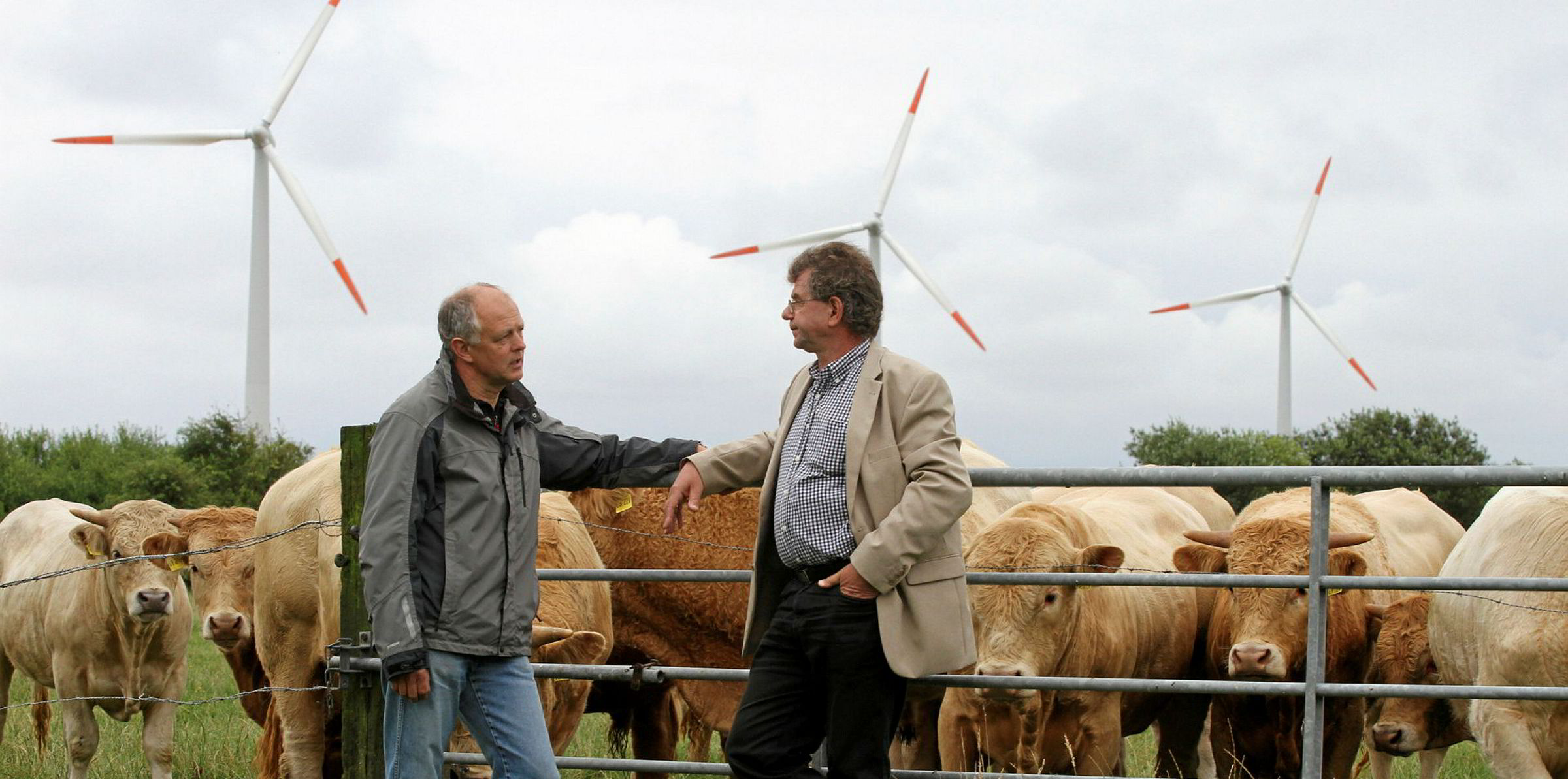Key nature conservationist groups in Germany have agreed to exceptions over protection of species in order to boost the currently stalled expansion of onshore wind, a breakthrough that could reduce future lawsuits against projects and ease the permitting process.
The exceptions are part of a 10-point plan to revive the build-up of onshore wind power agreed upon by conservation, energy and wind groups ahead of a crisis summit on Thursday with energy minister Peter Altmaier in Berlin.
“Our goal is an expansion of wind energy that is not harmful to nature and the landscape, and at the same time sufficient for the energy industry and climate policy,” the groups said in a statement.
“This declaration must be followed by concrete measures for more permits for wind energy projects on land.”
The joint plan by conservationist and energy groups is seen as crucial to avoid lengthy lawsuits against wind energy projects at a local level that in recent years have stopped or delayed many developments and contributed to a steep fall in Germany’s wind power additions.
Germany during the first half of 2019 only had net additions (once decommissioned turbines are subtracted) of 231MW on land, an 82%-decline from the year-ago period.
The document has been issued by Greenpeace, Germanwatch, Deutsche Umwelthilfe, and the World Wildlife Fund on the nature conservationist side. It was also signed by the Germany Federation of Water and Energy Industries (BDEW), the German Federation of Wind Energy (BWE), wind turbine manufacturers group VDMA Power Systems, and the Federation of Municipal Utilities (VKU).
One of the ten points in the joint declaration states that there is a clear interest in the expansion of wind power, which justifies exceptions to measures for the protection of species under certain and clearly defined prerequisites.
To compensate for possible losses in certain species in some wind expansion areas, sensitive species should be granted ‘areas of retreat’ elsewhere.
Another point stated is that nature protection rules should be standardised across Germany and based on strict scientific criteria.
As part of the 10-point plan, the groups also demand a strategy on the federal and state level on how to reach the 65% of renewable energy in power consumption stipulated by the government, abolish damaging distance rules for wind power, simplify permits for repowering, and lower required distances between wind projects and radio beacons use for radio navigation systems for aircraft.


